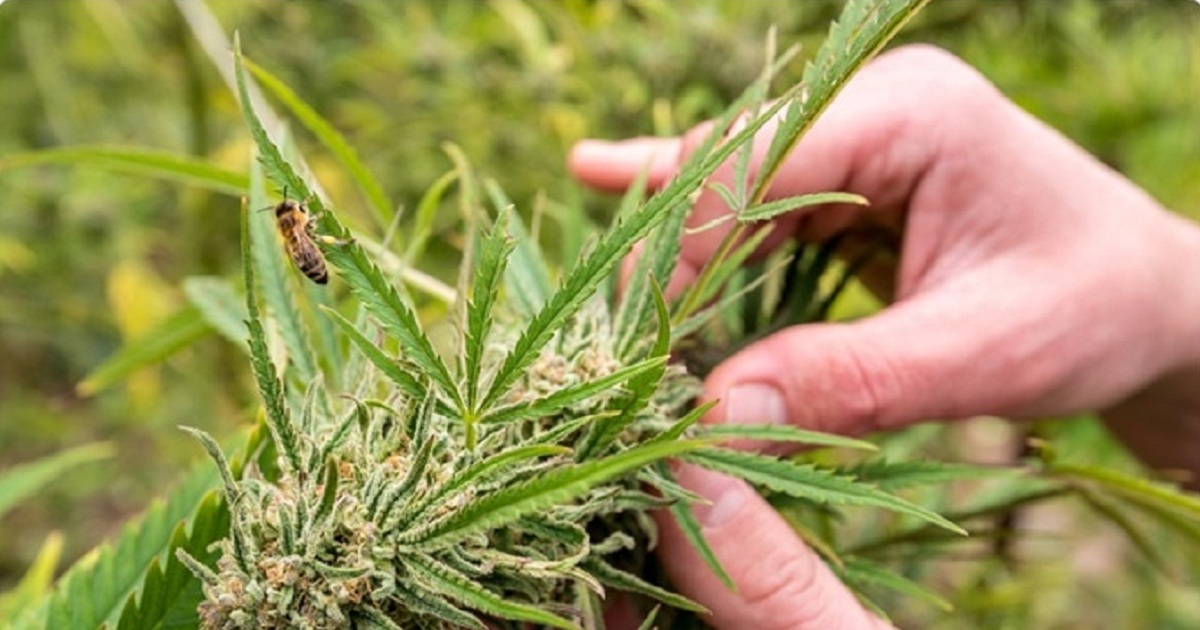New cannabis-based drug shows promise for pancreatic cancer
Medical News | August 22, 2019

Cancer of the pancreas is a particularly deadly cancer, claiming over 90 Precent of its victims within 5 years from diagnosis. It resists most standard therapies, including surgery, chemotherapy, radiation therapy, immunotherapy and targeted therapy, and metastasizes early, often before being diagnosed. A cure is possible only with very localized tumors. Now, however, a new cannabis-derivative called FBL-03G, loaded into tumor-targeted smart radiotherapy biomaterials systems (SRBs systems), shows great promise in killing cancer cells within a treated tumor as well as in other distant parts of the body, with a survival advantage. FBL-03G is a cannabis flavonoid, a synthetic derivative of Cannflavin B. It is not a cannabinoid, and lacks psychoactive properties. This new study uses SRB-loaded FBL-03G introduced into the tumor to test its ability to improve the tumor response to radiation therapy. This is called radiosensitization. It also seeks to explore the immunomodulatory properties of this compound at varying concentrations and volumes. Harvard researchers are testing cannabinoids, which are derived from the plant Cannabis sativa, for their anti-cancer properties and to alleviate the often harsh adverse effects of chemotherapeutic agents and radiation therapy. One novel approach to the use of cannabinoids incorporated them into smart radiotherapy biomaterials systems (SRBs systems) for direct delivery to the tumor.